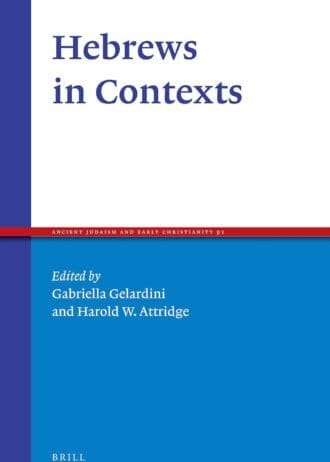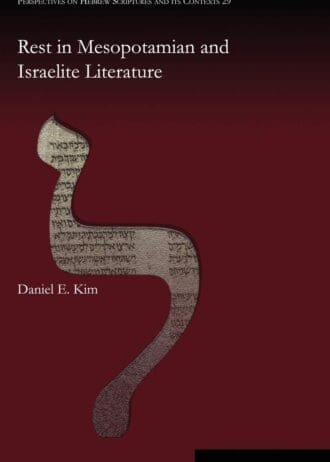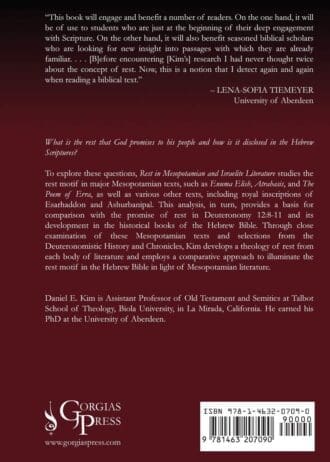Hebrews in Contexts (Ancient Judaism and Early Christianity) – Hardcover
Scholars of Hebrews have repeatedly echoed the almost proverbial saying that the book appears to its reader as a “Melchizedekian being without genealogy”. For such scholars the aphorism identified prominent traits of Hebrews, its enigma, its otherness, its marginality. Hebrews in Contexts, edited by Gabriella Gelardini and Harold W. Attridge, is an expression of this interest. It gathers authors who explore extensively on Hebrews’ relations to other early traditions and texts (Jewish, Hellenistic, and Roman) in order to map Hebrews’ historical, cultural, and religious identity in greater, and perhaps surprising detail.



